If you’re a fan who is far enough along in your five stages of grief to safely indulge, the latest Amazon Prime All or Nothing series, released today, provides a rare window into the team dynamics, personalities, and decision-making processes behind the scenes of the Maple Leafs organization.
If you’re not about to spend five hours reliving the 2020-21 campaign, though, here are some takeaways from each of the five episodes.
Episode 1: Playoff Habits
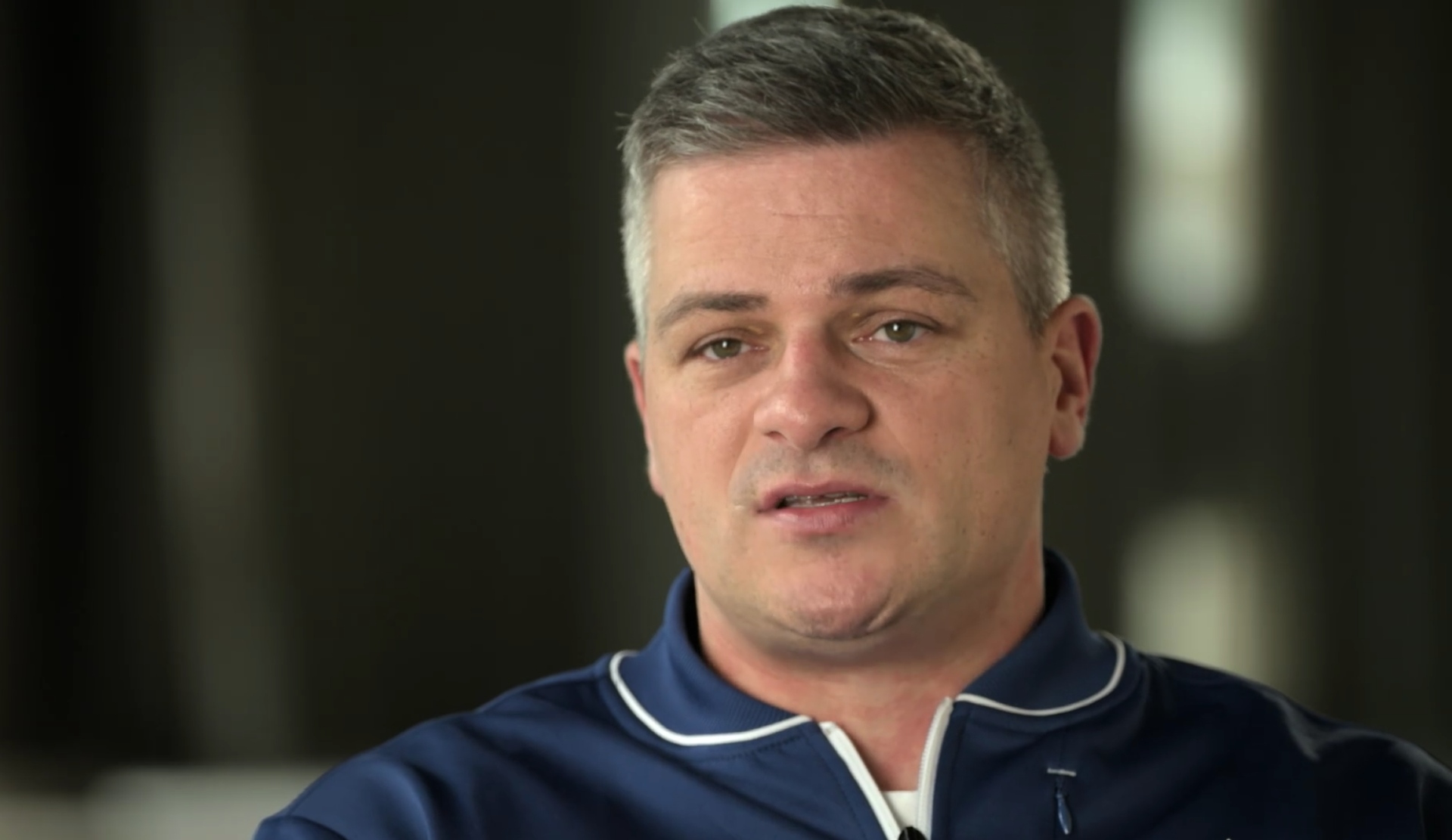 Much of the first half of the opening episode is spent providing the essential background on the team (the core players, the coach, the manager, the President) and the set up for the upcoming season. One small note: There was clearly a lot of acknowledgment in the room of what Wayne Simmonds provided in the regular-season opener through his fight with Ben Chiarot to get the team going after a slow start.
Much of the first half of the opening episode is spent providing the essential background on the team (the core players, the coach, the manager, the President) and the set up for the upcoming season. One small note: There was clearly a lot of acknowledgment in the room of what Wayne Simmonds provided in the regular-season opener through his fight with Ben Chiarot to get the team going after a slow start.
By far the juiciest part of Episode 1 came when Sheldon Keefe took issue with Auston Matthews’ post-game comments after the early-season loss to Edmonton, raising the issue in a meeting with Kyle Dubas the next morning in a short, profanity-laced tirade. Even from the outside, it’s something that caused a bit of an eyebrow raise at the time for anyone paying close attention as Keefe clearly contradicted Matthews’ assessment in their respective post-game media comments. The team was too safe in their loss to Edmonton, Matthews argued, after the Oilers played with four or five above the puck all game en route to a scrappy 3-1 win.
“The reason I came to talk to you is Auston, and his comments in the media last night. It is a fuckin’ horrific narrative,” Keefe told Dubas. “That’s not why we played poorly — that we played it safe. Are you fuckin’ kidding me? We played poorly because Edmonton played safe! They had five people above us the whole game, and we didn’t want to work hard to fuckin’ find offense!”
The more tranquil Kyle Dubas’ response: “Do you want my advice on how to make this most effective for the team? You have to address it in front of the whole team.”
Keefe addresses it with Matthews on the ice in practice before the team meeting so as to not surprise the player. He tells Matthews, “You know I want you to make plays, but you’ve got to be smart.” In his interview with the Prime production crew about the situation, Matthews praises Keefe for his communication skills. Keefe then addresses it in front of the group, opens the floor to the team, and receives no voluntary input from other players about Matthews’ narrative that the team played too safely the night before.
One can easily trace the thread from Keefe’s point about working to generate the “hard” offense all the way through to the end of the Habs series. The theme of Keefe’s concern around getting the Leafs’ offense to another level is prominent throughout the regular season, starting very early on. Dubas at one point expresses confidence that he and Keefe have always been able to ensure their teams can score, and Keefe explicitly states that he’s more concerned than Dubas about it before checking in with Jason Spezza for a temperature check on the level of frustration among the player group.
Keefe makes the foreshadowing comment at this time: “We could score a million goals in the regular season, but if we don’t score in the playoffs, who gives a shit, right?” They were/are clearly aware of the problem all along but fail to fully implement the necessary changes with this group of players.
There was also (unsurprisingly) confirmation that the “it was 5-1” collapse versus the Senators was instilling the same fears on the inside of the team that many of us felt on the outside. Kyle Dubas admits that he thought it was the type of thing the team had moved beyond by this point, something the additional veteran leadership would’ve helped with. Sheldon Keefe was fully alarmed in the second intermission with the game standing at 5-2. Interviewed about the game afterward, this was Keefe’s first of several mentions of the word “fragile” in reference to his group.
Episode 2: The Pieces on the Board
Early in this episode, Ilya Mikheyev’s ice time is brought up coming off of a season-low 12:50 in the Senators loss, connecting some dots for us as we think ahead to the alleged trade request this past offseason. Mikheyev appears to feel as though he strings together a few good games, doesn’t score, and his ice-time opportunity starts to slip again. Dubas reassures Mikheyev of his importance in other facets of the game and encourages him to vent away in front of him, but Mikheyev doesn’t take him up on the offer (You could picture a GM like Lou Lamoriello dropping a Daneyko-style speech on Mikheyev in this moment — complete with orchestra metaphors — just to draw some contrast in their approaches. A winning team requires buy-in from role players who fully embrace the role they’re needed in).
In a game shortly after, Keefe met with Mikheyev briefly at the intermission to emphasize that he needs to be skating hard through the final few strides on the forecheck if he’s going come up with more pucks in the offensive zone (encouraging more Hyman replication, basically).
There is also a mention from Auston Matthews in this episode that he jammed his now-surgically-repaired wrist when applying a cross-check.
A William Nylander feature is also included in this episode, and Dubas is a little more candid than usual on the polarity of frustration/wonderment Nylander’s game can inspire. Brendan Shanahan mentions, “When the puck is bouncing around on us in the defensive zone, I feel better when Willy picks it up, knowing we aren’t going to lose it.”
Also in this episode, Sheldon Keefe is direct in his approach when confronting Jimmy Vesey in practice about his “vanilla” game, with Vesey confessing he feels on the outs while mostly looking like he badly wanted out of the conversation as soon as possible.
Jack Campbell’s injury in Calgary is covered in this episode as well — he can be heard telling his defensemen, “I tore my groin like three minutes ago, but I’m gonna try to finish.”
With the team experiencing a dip in regular-season performance, a leadership meeting is called that includes Sheldon Keefe, Jake Muzzin, Mitch Marner, Joe Thornton, Morgan Rielly, and John Tavares. There was the familiar concern expressed by Keefe again: “Are we doing enough to score when it’s really hard to score? It’s really what playoff hockey is.”
Again, Keefe is clearly worried — from early on and all throughout the regular season —about how much the team can really score when the going gets tough. The fact that the Leafs were the worst team in the NHL at scoring off of rebounds is mentioned in the meeting. Keefe was constantly hounding on his team to be challenging the net/goalie and getting on the inside more often.
It further crystallizes why the Leafs made affordable net-front scoring options — Ondrej Kase, Michael Bunting, Nick Ritchie — such a priority this past offseason.
Episode 3: The Blue Swan
This episode has a lot of goalie drama content between Frederik Andersen and Jack Campbell’s respective situations, and it also features a really angry Sheldon Keefe in practice amid the team’s worst losing slide of the season.
There is also a tightly edited but fiery exchange between goalie coach Steve Briere and Keefe, who points out one of the first two goals in a loss to Calgary needed to be stopped by Frederik Andersen. Briere pushes back in defense of his goalie — mentioning the deflections off of the defensemen’s butts on both plays — and Keefe kindly tells Briere to, “fuck off.”
It could be exaggerated by selective editing, but the strangeness of the entire Frederik Andersen situation (where was seemingly out of the lineup forever, with no timetable for a return, and a lot of mystery around the actual issue at play) was not made to feel any less strange in this episode. Dubas and Keefe seemed as mystified by the whole ordeal as the rest of us were. Some of this may also be a natural byproduct of the necessary separation between the coach/management and the medical team.
A small but humorous item in this episode: Kyle Dubas passionately believed the team was (initially) getting screwed over by the league on the rescheduling of the Vancouver games due to their Covid outbreak.
Jack Campbell’s instinct to deflect praise onto others and own all blame comes off as extreme (but genuine) even by hockey-player standards throughout the series — after his franchise and NHL records, he’s constantly pointing to others and seems uncomfortable when prompted for a post-game speech, quickly yelling, “Good job, everybody!,” or acknowledging a key shot block from a defenseman.
We are also given a window into the Nick Foligno acquisition during Episode 3. Dubas claimed to know “for sure” that there were four other first-round-pick offers on the table for Foligno, and it was all pretty touch-and-go late into the eve of the trade deadline. Jarmo Kekalainen wanted a fourth-round selection sooner than 2023 — which is the year Dubas preferred to give up the puck — and pushed for a third-rounder in 2023 instead. The two sides ended up agreeing on a 2022 fourth-rounder. “I’d have regretted big time not getting the player over a fourth,” a relieved Dubas declared.
We also learn not long after that Foligno’s unfortunate back injury, which forced him out of several regular-season games and three playoff contests, was sustained while stopping in front of the Habs net in a May 3rd regular-season game in Montreal. Unsurprisingly, it’s clear in the series he wasn’t anywhere close to 100% from then onward.
In the bits and pieces we hear of Wayne Simmonds on the bench, his intensity and readiness for war when the temperature of the game rises is readily apparent. We can see why Leafs brass wants someone who can push the team more into the fight this way, but it probably can’t be every night with Simmonds’ limitations at this stage in his career.
Also in this episode, new acquisition David Rittich affirms all of the weird-goalie stereotypes by demanding two pucks to the face, Happy Gilmore style, courtesy of Steve Briere at the end of the morning skate on a game day.
It’s hard to watch the team hit such a high after the deadline additions as they were rolling into the playoffs, knowing as a viewer what’s coming next — similar to watching a blissfully unaware couple canoodle at the start of a horror film.
Episode 4: The Stretch Run
This will be remembered as the Zach Bogosian and Thornton vs. Ehlers episode.
It kicks off with a heart-wrenching but touching segment featuring Bogosian that highlights his love for his grandmother (who has passed on) and the sacrifices Bogosian made to come pursue a Cup in Toronto — he has to tell his daughter he’ll be missing her birthday party over FaceTime. The Leafs will certainly miss Bogosian’s non-nonsense, reliable veteran presence on the backend, but you can’t help but feel happy that he’s back in Tampa reunited with his family.
In Nick Foligno’s debut, Keefe talks him out of fighting Adam Lowry despite Foligno’s enthusiasm about the prospect.
Keefe: “I don’t need you fighting that guy right now eh?”
Foligno: “Why not?”
Keefe: “Not right now. I don’t need you to… Unless you really want to for your own entertainment.”
Unfortunately, the footage throughout this series appears limited by the fact that — perhaps due to Covid protocol — they could not mic up a good variety of players during games, so the bench and scrum dialogue is limited to a player or two plus Sheldon Keefe. That makes it all the more special that Thornton was mic’d up on the night in Winnipeg where he went ballistic on Nik Ehlers and the referees.
Thornton’s animated arguments with the ref, savage belittling of Ehlers, and his follow-through on his promise that he was going to start diving because the ref didn’t call Ehler’s initial hack of his knee, made for one of the highlights of the series.
In this episode, it was somewhat surprising to hear Keefe earnestly toss out the question, “Who is the starting goalie for Game 1?” of the playoffs only for Dubas to confidently provide the seemingly obvious answer: Jack Campbell. A case of playing it up for the cameras, or of Keefe over-thinking/second-doubting?
Towards the end of the episode, Kyle Dubas tells Keefe the story of Bill Belichick yelling at Tom Brady — of all people — to “do his job right for once.” The lesson there (for us – it’s not clear what Dubas was specifically referring to): You can’t be afraid of your best players.
Episode 5: The First Round Monkey
Ugh. The full playoff debacle against Montreal is covered inside 48 minutes.
Instead of the rousing Keefe speech before Game 6 OT, it’s the Paul MacLean quote — “they’ve got demons in their heads, they got ‘em in their fuckin’ beds, they got ‘em in their cars… everywhere they turn, there is a fuckin’ demon” — that is going to be the memorable reference from this series. Hopefully, it doesn’t become the line that typifies this era of Leafs hockey.
What a rollercoaster of a week this must have been for Kyle Dubas in particular. Many of us were unaware he was not in Montreal for the Game 3 and 4 victories due to the birth of his daughter, Lena.
This experience was soul-crushing to relive as it’s covered at a fast pace, going from the highs of a 3-1 series lead to a Game 7 loss all squeezed inside about 20 minutes. You felt a strange mix of furious, befuddled, sick to your stomach, and also sympathetic, particularly for those whose career clock is winding down. Jack Campbell’s emotional breakdown, Hyman’s tears, Spezza’s state of shock, Matthews and Marner lingering in full gear in the dressing room well after it cleared… You could be forgiven for skipping over this one.
Maybe you’ve processed and moved on enough for it to give you added perspective entering a new season — there were good reminders of just how fine a line there really was in the Game 5 & 6 OTs, in particular — but if you’re a fan who is still not quite over it, you’re likely not going to learn much and will only feel terrible all over again after picking at the scab.
Most of us felt the series was over after the Leafs’ Game 6 OT push fell short, and Marner’s tone in the meeting with Kyle Dubas ahead of Game 7 certainly suggested he felt it was already over, too.












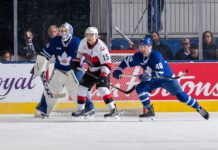





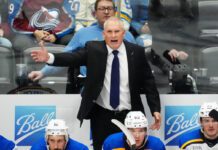


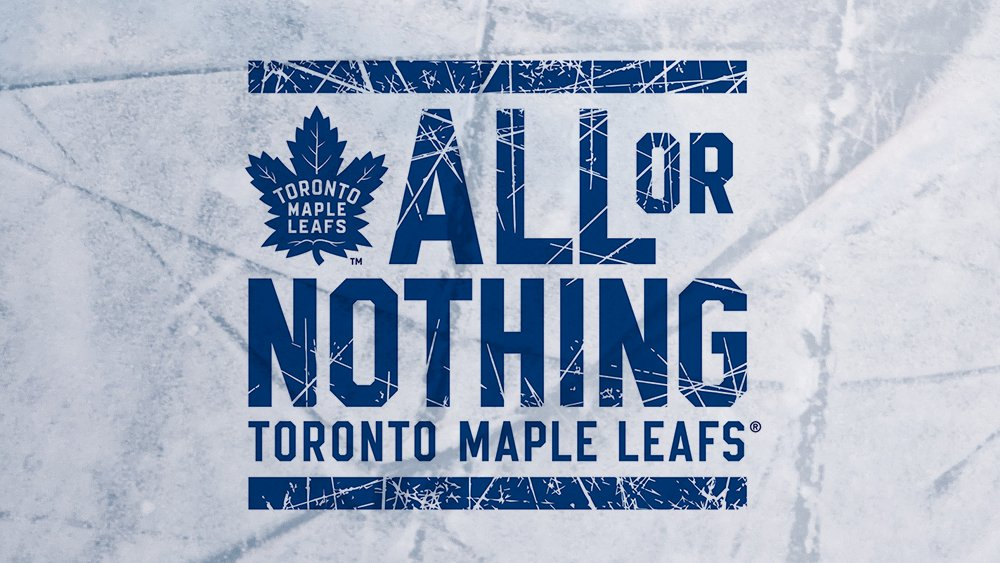
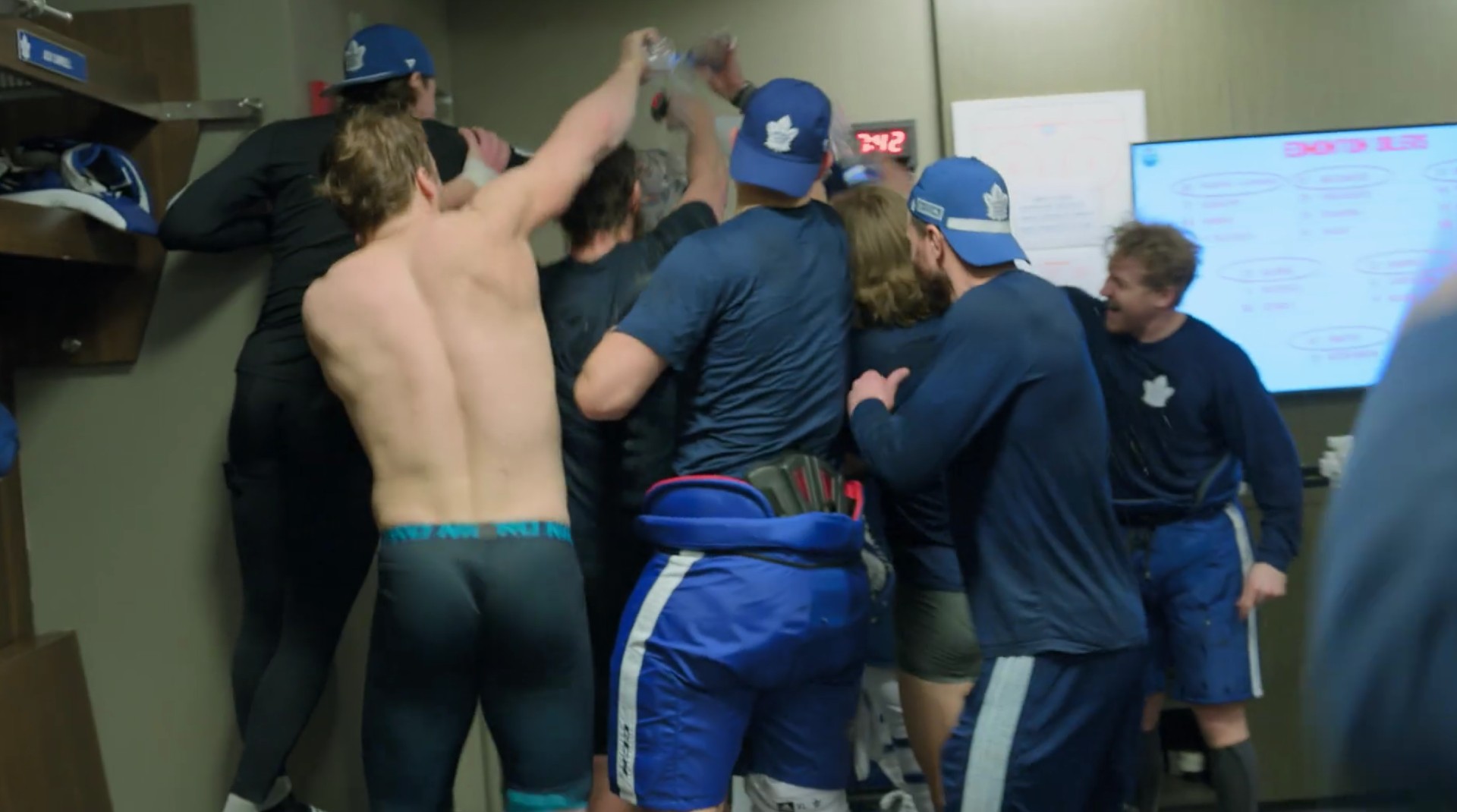
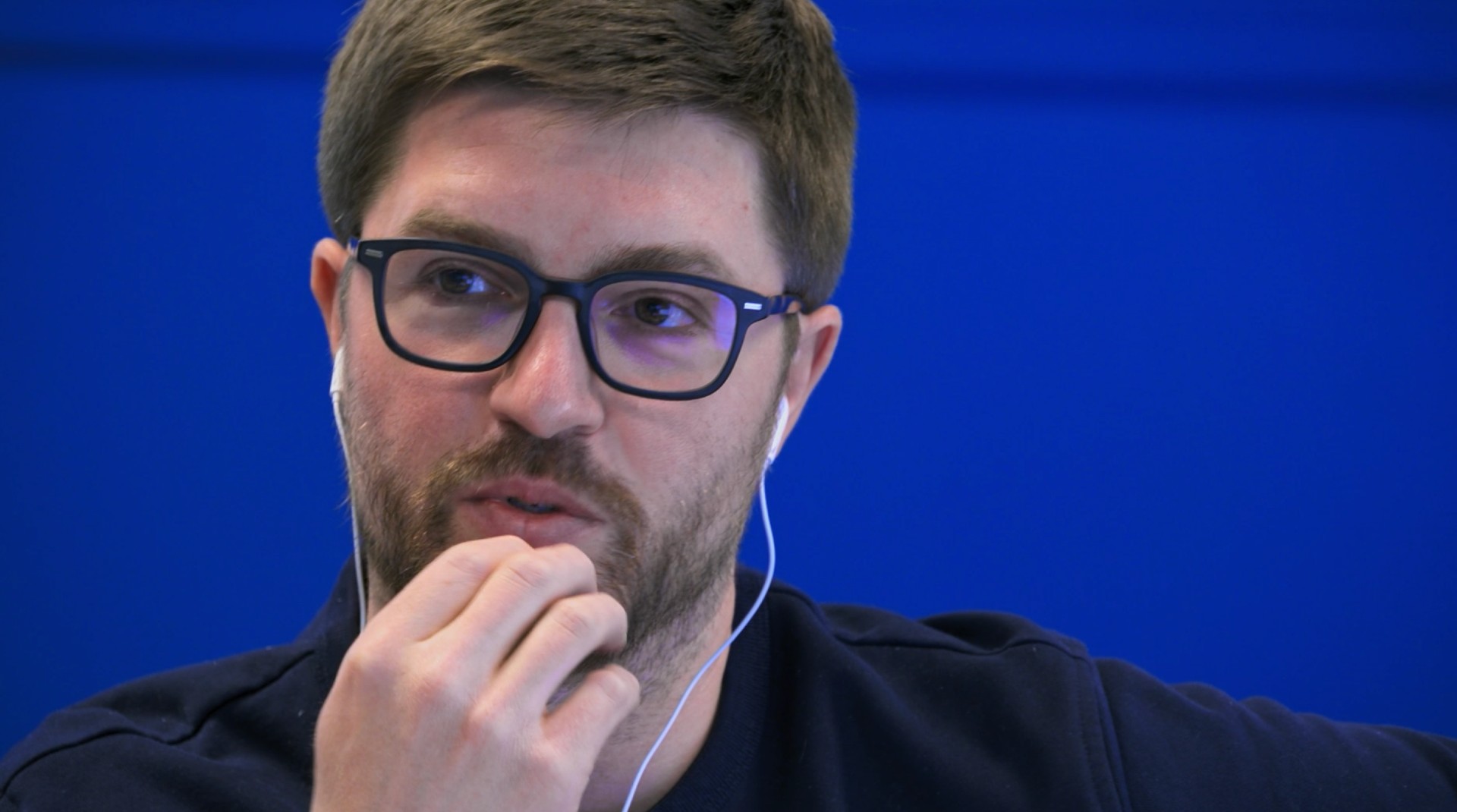
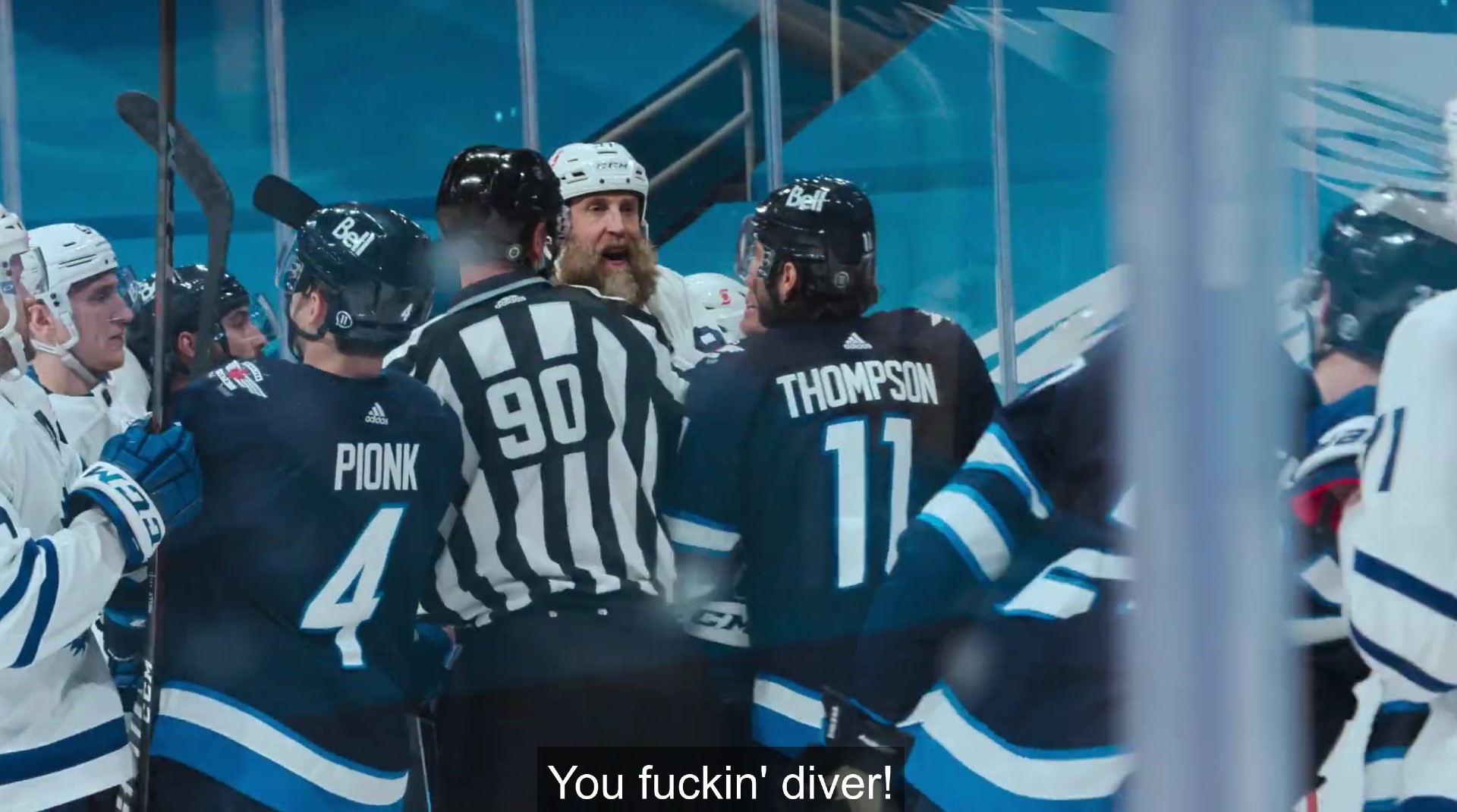
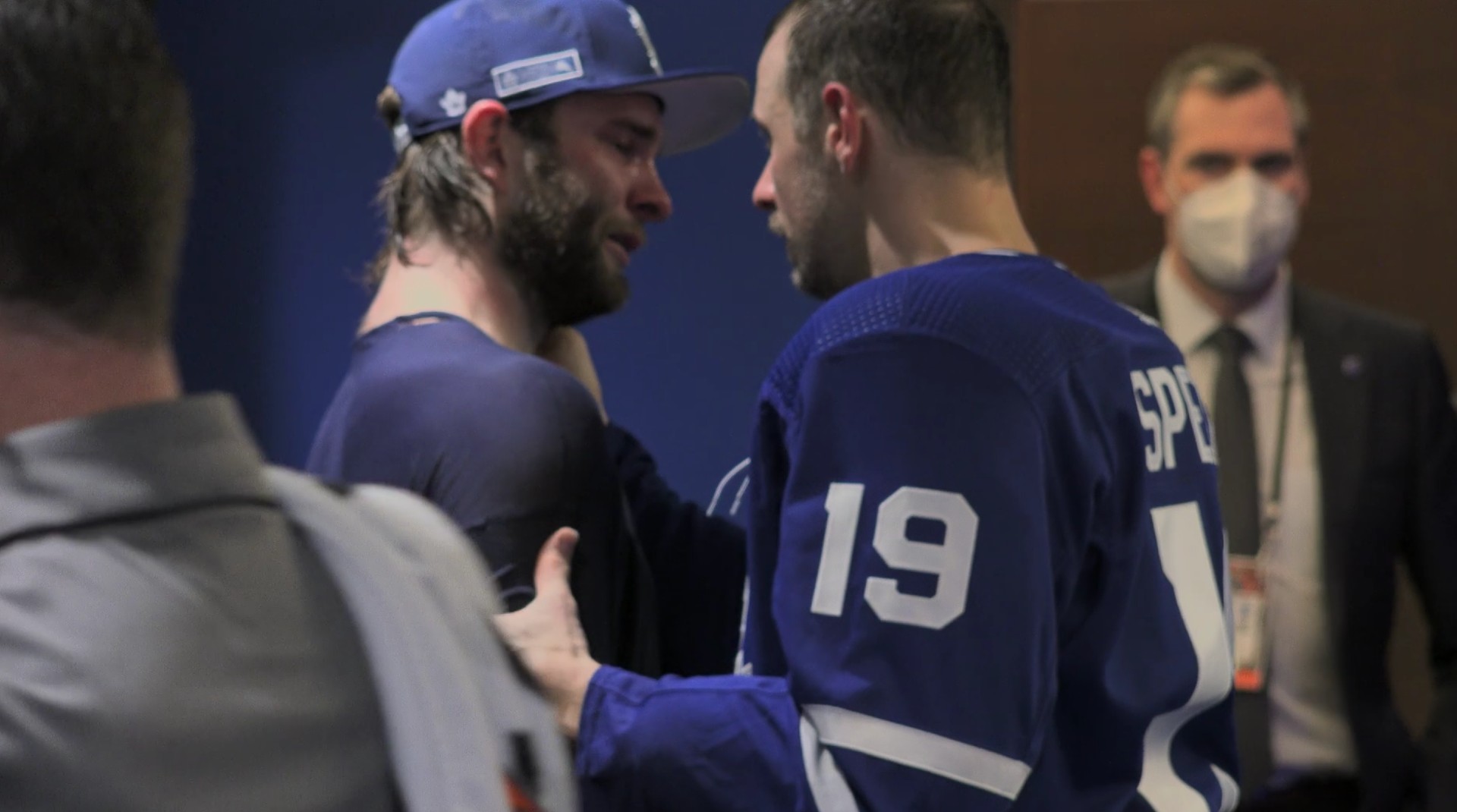








![New Leaf Anthony Stolarz on the opportunity in Toronto: “In Florida, I knew my role as a backup… Now, [Joseph Woll] and I are competing for starts… As a goalie, that’s all you can ask for” Anthony Stolarz, Stanley Cup win, now Maple Leaf](https://mapleleafshotstove.com/wp-content/uploads/2024/07/anthony-stolarz-sc-100x70.jpg)
